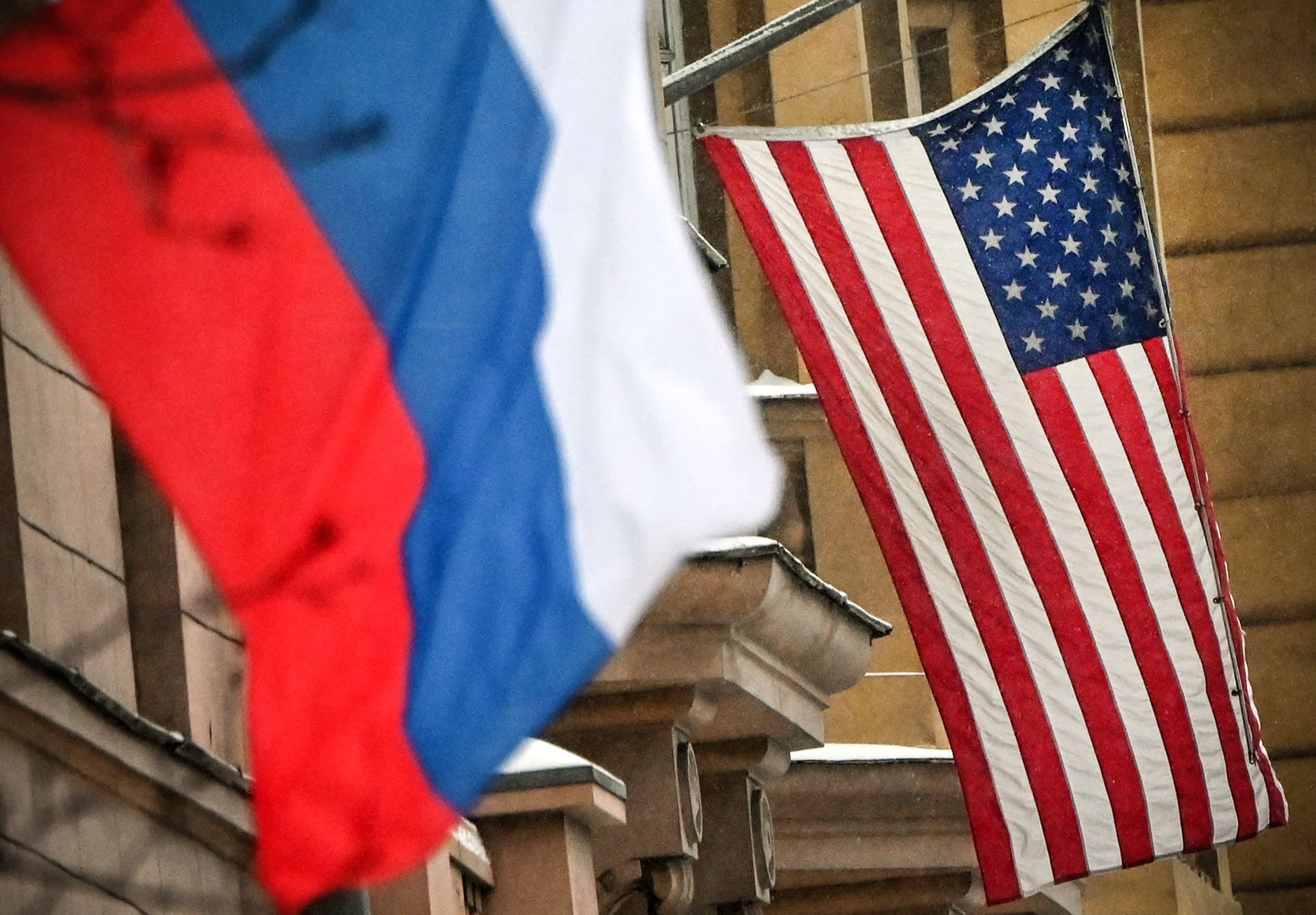
Tensions brewing at the border between Russia and Ukraine will be a big test for President Joe Biden, two analysts told CNBC this week.
“I think this is a major test of the Biden administration, perhaps the leading foreign policy test that this administration has confronted,” said Bradley Bowman, senior director of the Center on Military and Political Power at the Foundation for Defense of Democracies.
Ariel Cohen, a nonresident senior fellow at the Atlantic Council Eurasia Center, echoed the same sentiment and called this a “pretty big” test for the U.S.
Ukraine has in recent weeks warned Washington and its European allies of a build up of Russian troops at the eastern border.
There are rising concerns that Russia may invade Ukraine in a repeat of its illegal annexation and occupation of Crimea in 2014. The incident sparked an international uproar at that time and triggered a series of sanctions on Moscow.
U.S. efforts
Biden and his Russian counterpart Vladimir Putin spoke Tuesday in a video call.
During the call, Putin told the U.S. president that Washington should not allow Ukraine to join NATO in exchange for assurances that Russian troops will not attack.
The North Atlantic Treaty Organization is the world’s most powerful military alliance, and an attack on one member country is considered an attack on all of them.
Ukraine has sought acceptance into the alliance since 2002. But the Kremlin has objected to the move, arguing that NATO’s eastward expansion was a direct security threat, and that Ukraine’s acceptance into the alliance could result in NATO troop movements on Russia’s borders.
Biden on Tuesday told Putin that Washington won’t accept Moscow’s demand.
Washington and other western countries have warned there will be economic and political consequences if Moscow invades its neighbor.
“I hope America stands by its principles here,” Bowman told CNBC’s “Squawk Box Asia” on Thursday.
“When a beleaguered democracy is threatened by authoritarian bully, I think our interests and values demand that our words and our actions stand with the beleaguered democracy,” he said.
If we impose sectoral sanctions on Russian oil and gas, and the Germans will shut down the Nord Stream 2 pipeline — then Putin will think twice before marching into Ukraine.
Ariel Cohen
Atlantic Council
He added that Putin understands the connection between diplomacy and military power.
“He’s trying to coerce diplomatic concessions from the United States and Ukraine by building up roughly 100,000 combat troops to Ukraine’s north, east and even in Crimea,” Bowman said.
Putin has characterized claims that Russia may invade Ukraine as “alarmist declarations,” but Cohen from the Atlantic Council said he believes Moscow “would like to go march into Ukraine” and take over various cities.
“Can they do it? Yes. Will they pay the cost? Yes,” he told CNBC’s “Street Signs Asia” on Friday.
For now, however, the cost to Russia is too high, he said.
“If we keep the Western alliance together — if the Russians understand that the SWIFT, the banking transactional system, will be disconnected like we did with Iran; if we impose sectoral sanctions on Russian oil and gas; and the Germans will shut down the Nord Stream 2 pipeline — then Putin will think twice before marching into Ukraine,” Cohen said.
— CNBC’s Holly Ellyatt and Amanda Macias contributed to this report.




